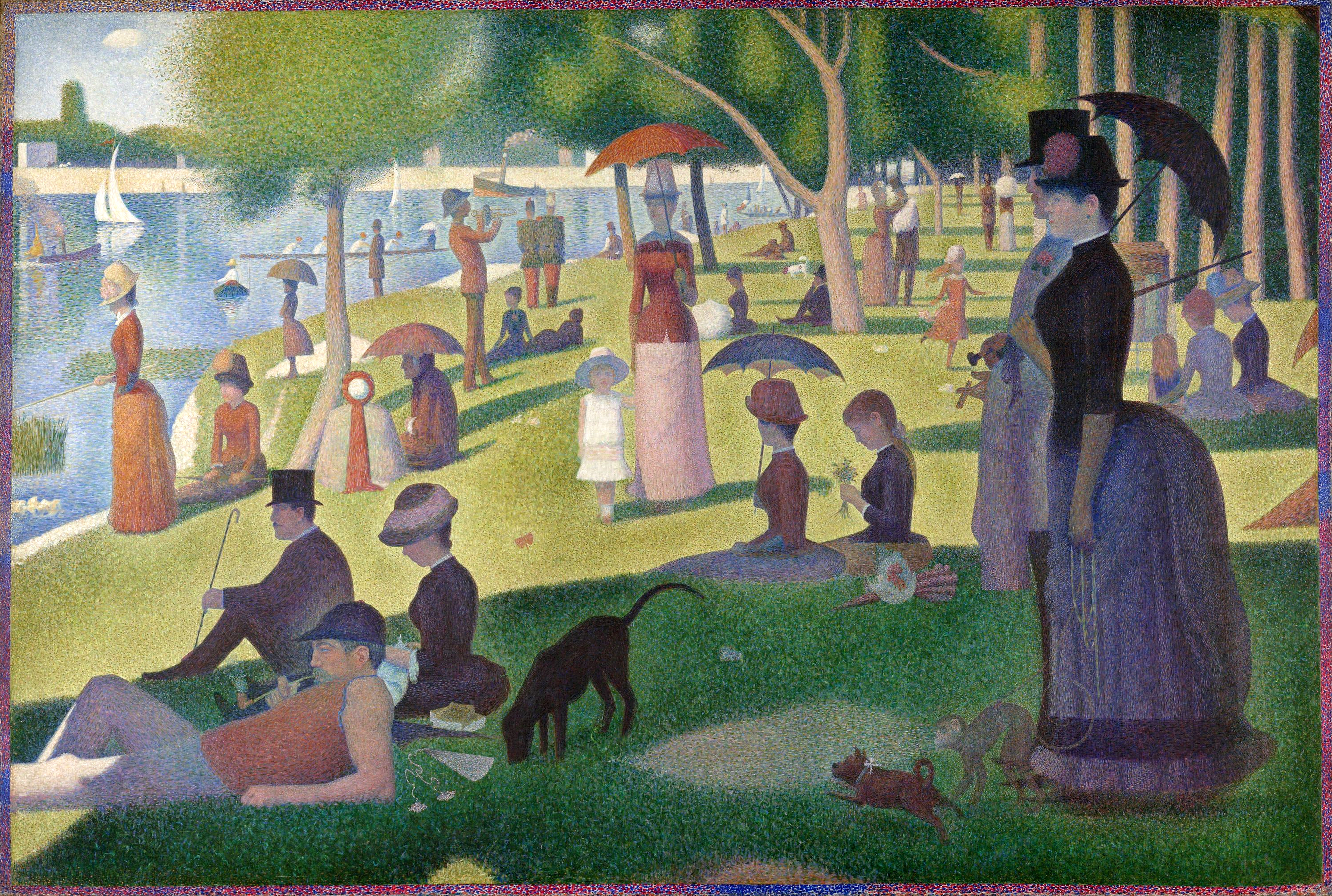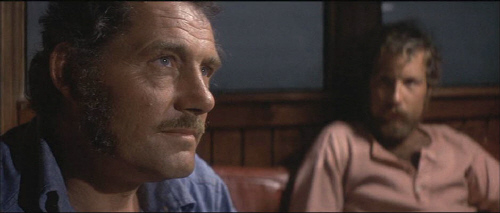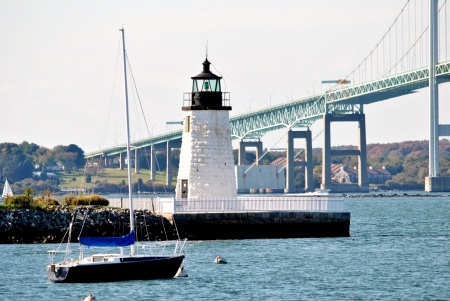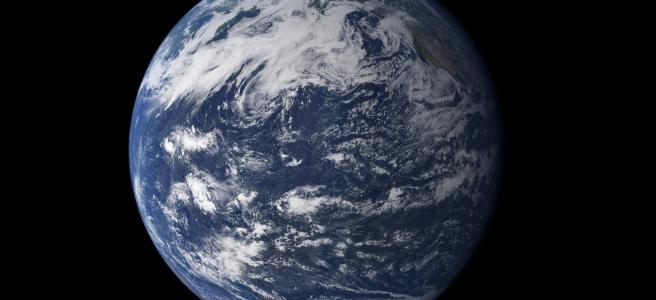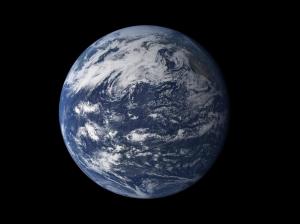The youth of today, and for this discussion, this includes anyone who’s never held their favorite music in their hand (album, 8-track, cassette, CD), don’t understand how recorded music was appreciated in the time before the internet and streaming. I grew up in the age of mixtapes which involved recording songs from the radio (remember radio?) with the deft dexterity of a neurosurgeon. And…hit…..Play AND Record at the same moment! Who didn’t feel like Casey Casum when they nailed it?
My musical education is partly due to the Columbia House ten cassettes for a penny club we badgered our parents into joining. Research and hard decisions in my youth involved selecting my three-item allotment from Columbia House and being honest on my MLB All-Star selection ballot (and not voting for every Cincinnati Red nominated). I mention music because one of the few albums we had growing up was Hotel California by the Eagles. To be fair, my parents also had Rubber Soul and Led Zeppelin IV on vinyl and Sgt Pepper on 8-track. My sister was/is an Eagles fanatic (along with a certifiably insane Keith Richards fanboy). I can’t tell you how many times we listened to Hotel California. One of the songs I loved was The Last Resort. Being born and raised in Rhode Island, I was thrilled that music royalty was singing about my home, Rhode Island. And because I knew the immigrant stories of my family and those of most families I knew, the song’s opening verse touched me:
She came from Providence
One in Rhode Island
Where the old world shadows hang
Heavy in the air
The song, written by Glen Frey and Don Henley, describes man’s ugly takeover of nature’s pristine beauty. Specifically, California, and the migration of people searching for a new beginning in a “new” land.
She packed her hopes and dreams
Like a refugee
Just as her father came across the sea
She heard about a place
People were smiling
They spoke about the red man’s way
And how they loved the land
They came from everywhere
To the Great Divide
Seeking a place to stand
Or a place to hide
Word spreads about such places, and the throngs of people descend on it like locusts eating everything in their path.
Down in the crowded bars
Out for a good time
Can’t wait to tell you all
What it’s like up there
They called it paradise
I don’t know why
Somebody laid the mountains low
While the town got high
And this migration, like wildfire, doesn’t stop until it hits the ocean.
Then the chilly winds blew down
Across the desert
Through the canyons of the coast
To the Malibu
Where the pretty people play
Hungry for power
To light their neon way
Give them things to do
Some rich men came and raped the land
Nobody caught ’em
Put up a bunch of ugly boxes
And Jesus people bought ’em
And they called it paradise
The place to be
They watched the hazy sun
Sinking in the sea
And here’s where the story becomes painful. In the age before the internet and before you had lyrics to every song seconds away on your cell phone, we sang what we heard or misheard. The internet is filled with videos of people singing incorrect lyrics. Yes, it’s funny now! But before you could access the lyrics, you heard what you heard and belted it out as best you could. The next two verses always confused me. I should say I felt stupid not understanding what they were referencing. I assumed “La Hina” was a town in California. It wasn’t until years later that I learned Lahaina is a town on the island of Maui in Hawaii.
You can leave it all behind
Sail to Lahaina
Just like the missionaries did
So many years ago
They even brought a neon sign
“Jesus is coming”
Brought the white man’s burden down
Brought the white man’s reign
Before COVID-19 shut down society, and before masks and vaccines began to pull those who cared about their families and neighbors out of the pandemic abyss, my wife and I went on our honeymoon to Hawaii. We stayed in Oahu and Maui. We rented a Jeep Wrangler on Maui and, on our last day, drove across the island to Lahaina. I wanted a picture of a sign with Lahaina on it to send to my sister, an ode to our childhood listening to the Eagles. We walked Front Street, marveled at the city block-sized banyan tree, bought cookies at the Honolulu Cookie Company store, shopped at the Outlets of Maui, and ate dinner as the sun sank into the sea at the Waikiki Brewing Company. As we sat there waiting for dinner to be served, across the street, we saw the most incredible sunset I’ve ever seen.

I grew up in a tourist town, Newport, RI. And as much as I hated the traffic and the crowds of pretty people, I also knew their money was the economy’s lifeblood. When I heard about the wildfires whipping across Hawaii, and first heard Lahaina mentioned, I could only hope the town would be spared. The pandemic was savage to many industries, with tourism among the hardest hit. In addition to the catastrophic human toll the virus exacted, we all know of restaurants and stores that also did not survive. To have a wildfire threaten the fragile economy of Lahaina seemed as cruel as it was unfair. And then I saw the photos.
Nothing of what I remember exists any longer. It’s all gone. As of this writing, eighty people have lost their lives, with more expected as homes reduced to ash are searched. Front Street is a warzone of burned-out cars beside the mangled remains of homes and businesses. The banyan tree was scorched and may not survive. The Honolulu Cookie Company, the Outlets of Maui, and the Waikiki Brewing Company not only burned to the ground, but with the utter devastation and destroyed infrastructure, people do not yet know if their friends and coworkers survived. My heart breaks for everyone there. Hell came to Lahaina this week and took everything.
Climate change is real. Humans as a contributing factor is undeniable. Warnings of tipping points have been ignored. Water temperatures in the Gulf of Mexico exceed 100 degrees in some areas. We have had the hottest weather ever recorded, worldwide. And yet, we continue to ignore the issue and marvel at the consequences with willful ignorance and feigned confusion.
The last four verses of the song, without mentioning it, describe climate change and our greedy abdication of responsibility. However, instead of a coastline, when you read these last verses below, consider they are singing about planet Earth.
Who will provide the grand design?
What is yours and what is mine?
‘Cause there is no more new frontier
We have got to make it here
We satisfy our endless needs
And justify our bloody deeds
In the name of destiny
And in the name of God
And you can see them there
On Sunday morning
Stand up and sing about
What it’s like up there
They call it paradise
I don’t know why
You call someplace paradise
Kiss it goodbye
There are no new frontiers. We have got to make it here.
Or kiss it goodbye.








